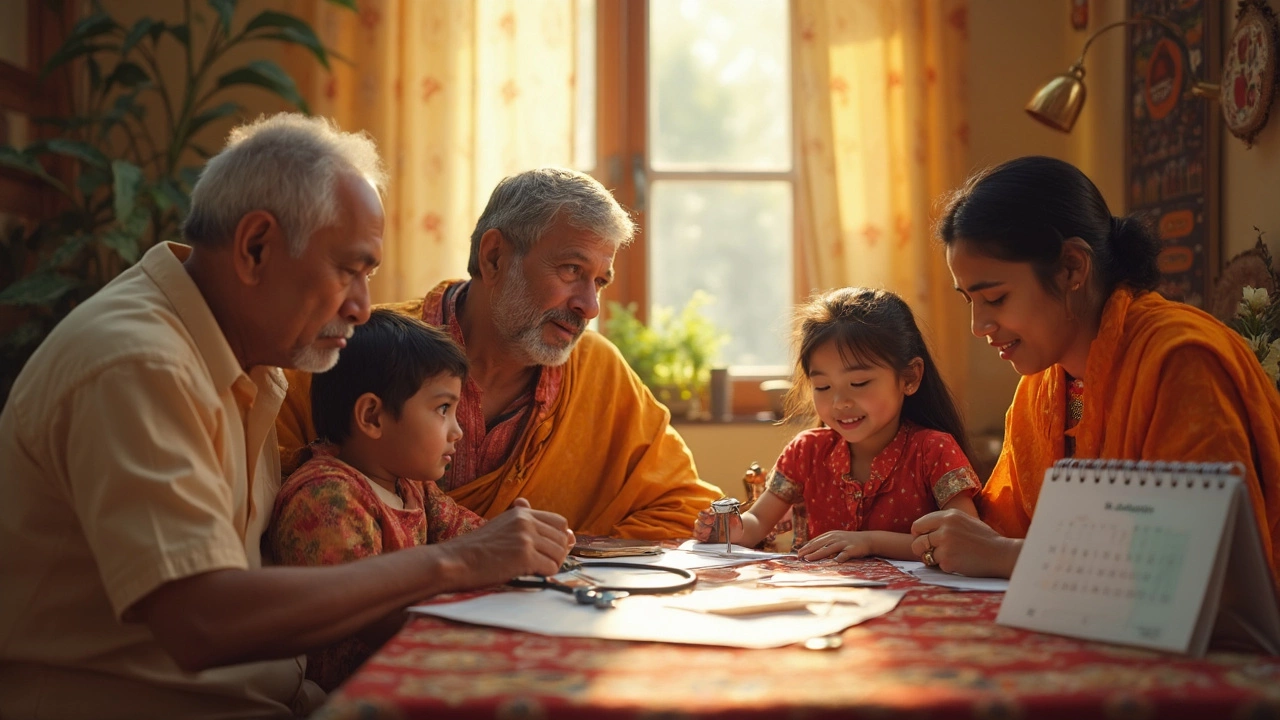Screening Tests: Why They Matter and How to Use Them
Screening tests are simple checks that can spot health problems before they become serious. Think of them as a free warning system – they let you and your doctor catch issues early, when treatment is easier and cheaper. In India, the government and many private clinics offer a range of free or low‑cost screenings, so you don’t have to wait for symptoms to show up.
Most people assume screenings are only for older folks, but that’s a myth. Adults as young as 20 can benefit from a few basic tests, especially if there’s a family history of disease. The key is to know which tests fit your age, gender, and risk factors, then make them a regular part of your health routine.
Common Screening Tests in India
Here are the most widely recommended checks:
- Blood pressure check – Done in minutes at any pharmacy or clinic. Keep an eye on it if you’re over 30 or have a family history of hypertension.
- Blood sugar test (fasting or HbA1c) – Crucial for spotting diabetes early. Even if you feel fine, a once‑yearly test can save you from complications later.
- Cholesterol profile – High LDL is a silent risk for heart disease. The test is simple, and many state health programs cover it for people over 35.
- Cervical cancer screening (Pap smear) – Women should start at 21 and repeat every three years. It’s quick, painless, and can prevent cancer.
- Breast cancer clinical exam and mammogram – Recommended every two years for women over 40, earlier if you have a family history.
- Colorectal cancer screening – For adults over 45, a stool test or colonoscopy can catch polyps before they turn malignant.
- Vision and hearing checks – Often overlooked, but needed especially if you work in noisy environments or use screens all day.
These tests are not exhaustive, but they cover the biggest health threats in our country. Talk to your doctor about any extra checks that match your personal risk.
How to Prepare for Your Screening
Preparation is easy: most tests require you to be fasting for 8‑10 hours, so plan a light breakfast the night before and skip food the morning of the test. Drink water – it helps with blood draws. If you take medication, ask whether you should pause it; most doctors say keep it unless they tell you otherwise.
Bring a list of any symptoms, current medicines, and family health history. This gives the doctor context and helps interpret results accurately. Don’t forget your ID and any health insurance card; many public labs need these for free screening schemes.
After the test, you’ll usually get results within a few days. If something looks off, the doctor will suggest a follow‑up or treatment plan. Even a normal result is useful – it gives you a baseline for future checks.
Make screening a habit. Mark the next due date in your calendar as soon as you get your results, and set reminders. Treat it like a car service: you wouldn’t skip oil changes, so don’t skip health checks.
Bottom line: screening tests are cheap, quick, and powerful tools for staying healthy. Start with the basics, add any extra tests your doctor recommends, and keep the schedule regular. The sooner you catch a problem, the easier it is to fix – and the more you’ll enjoy a healthier life.






